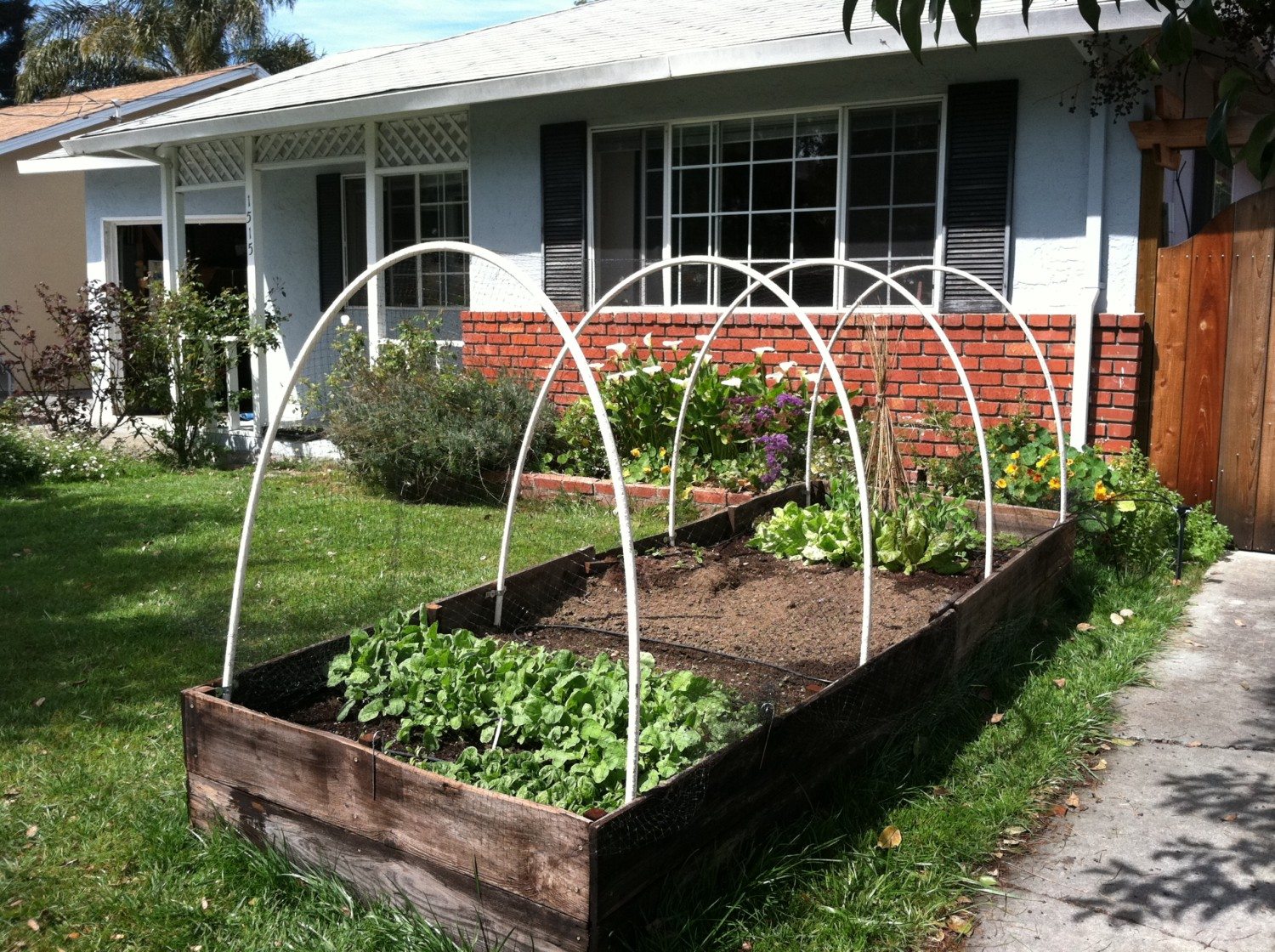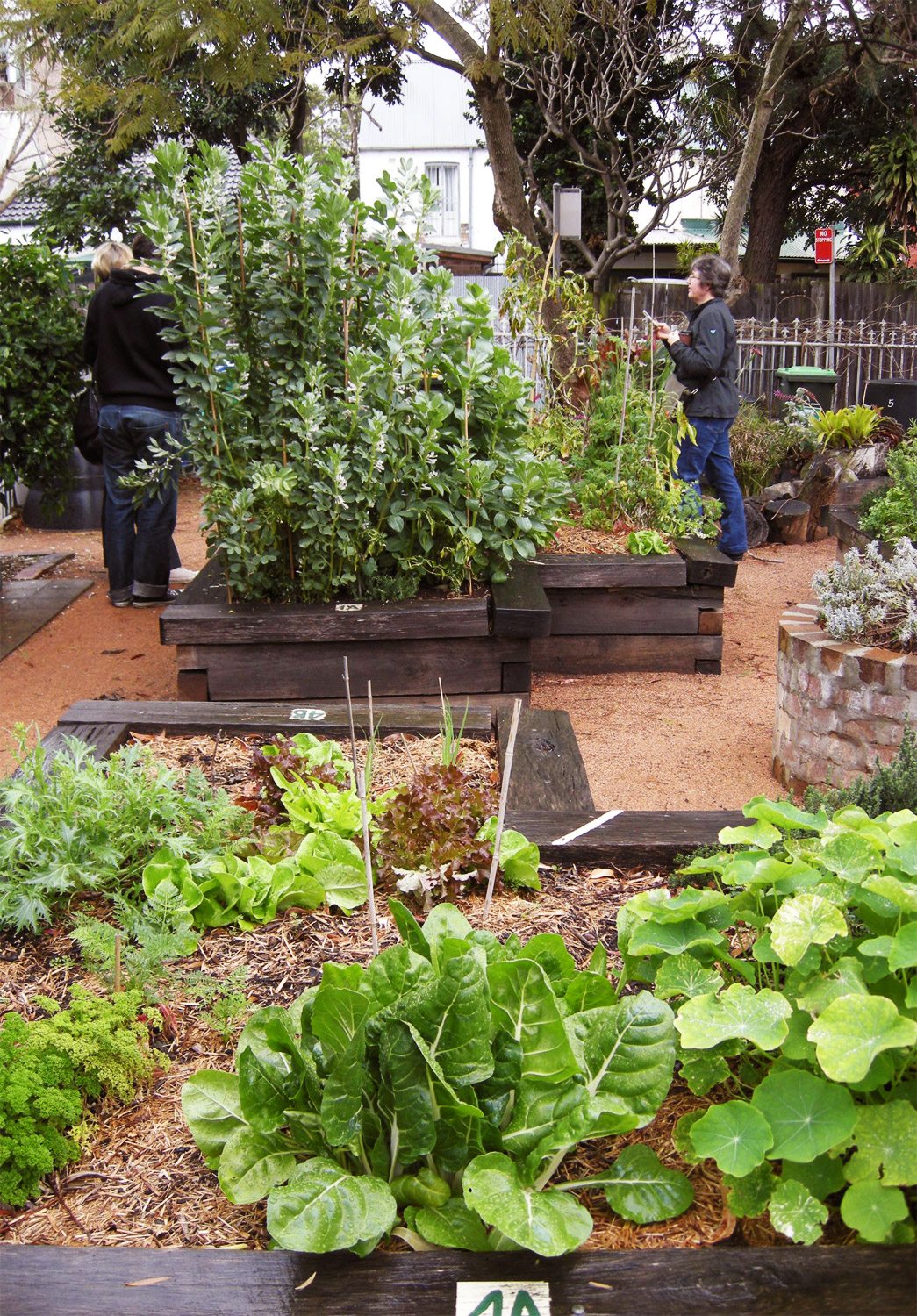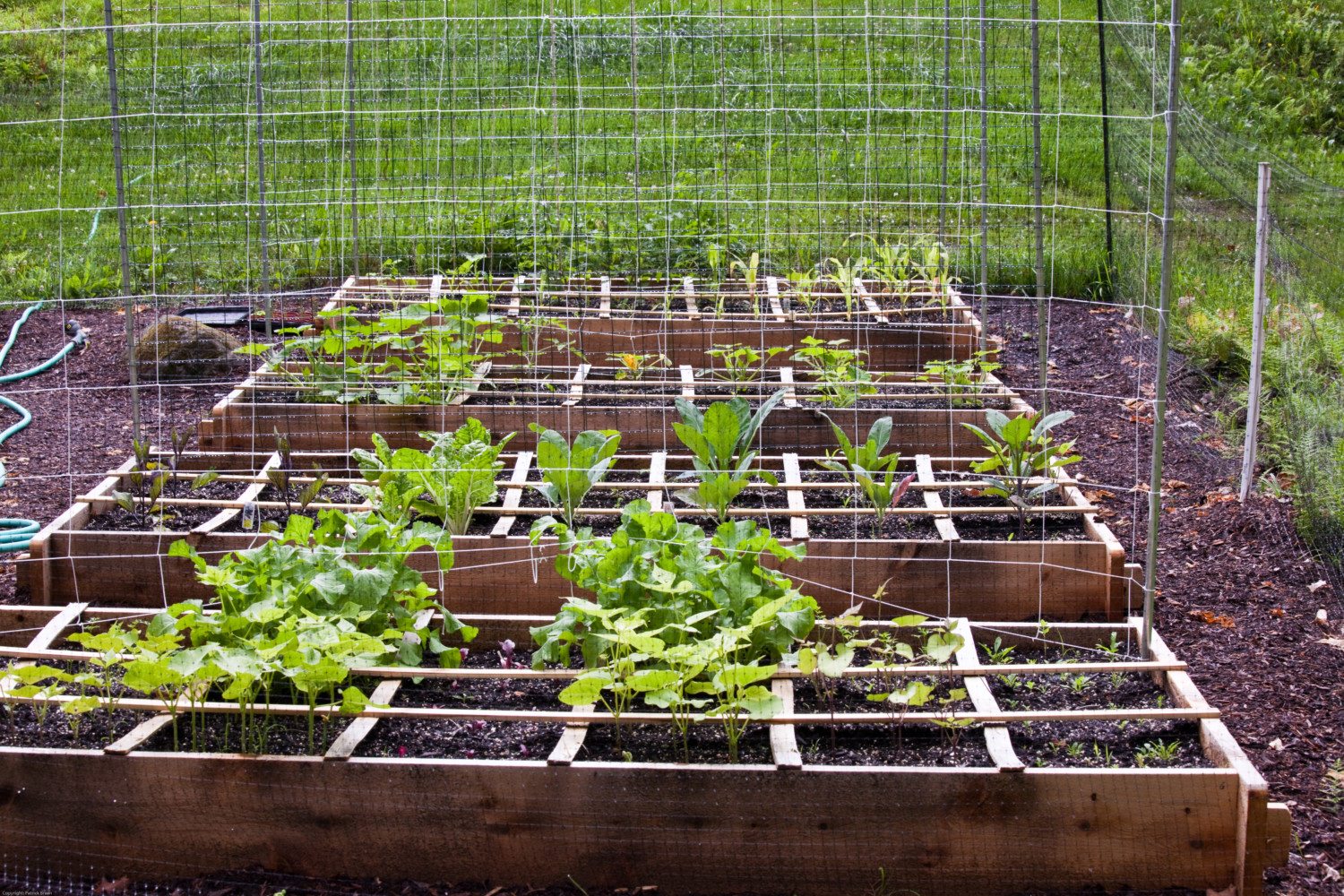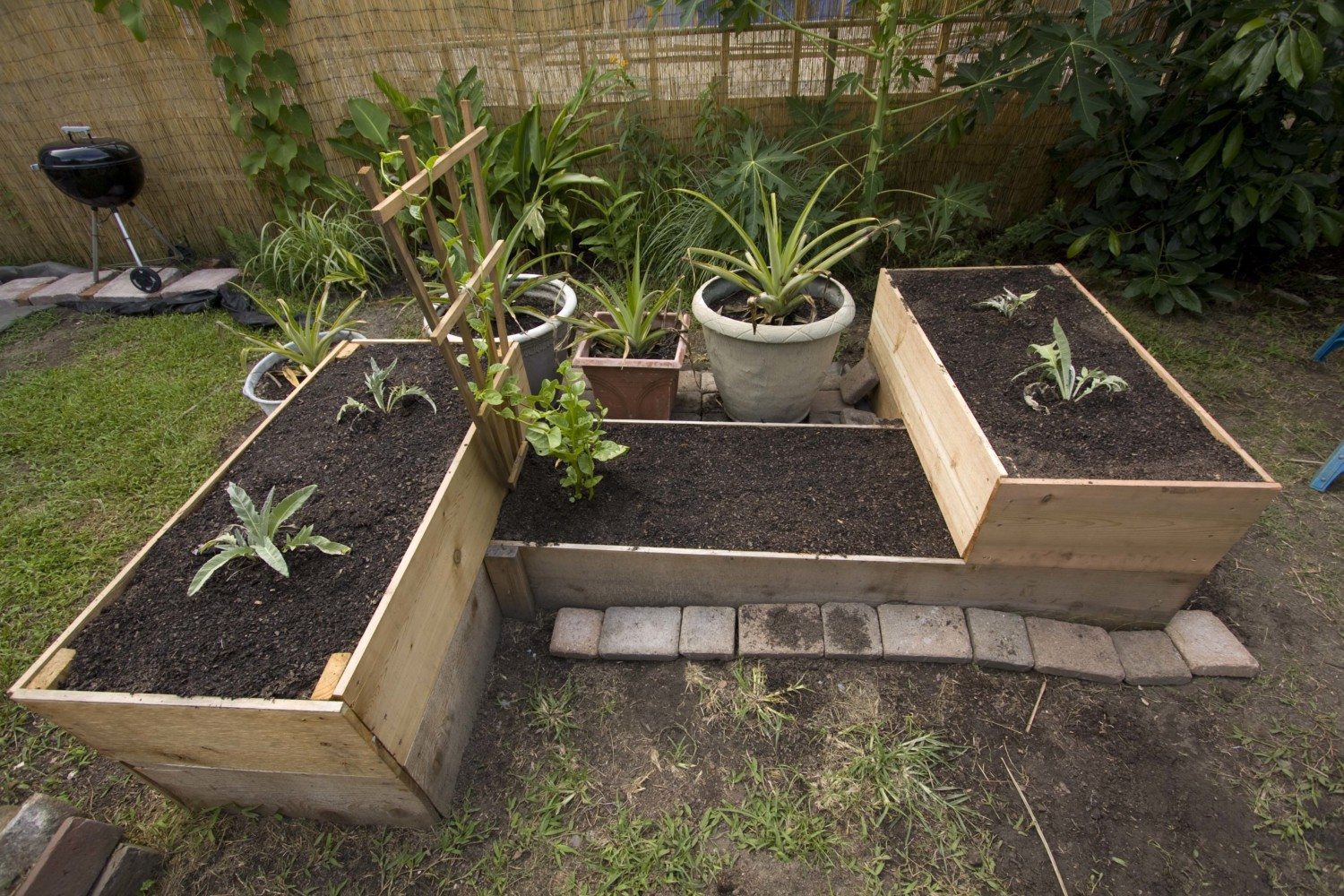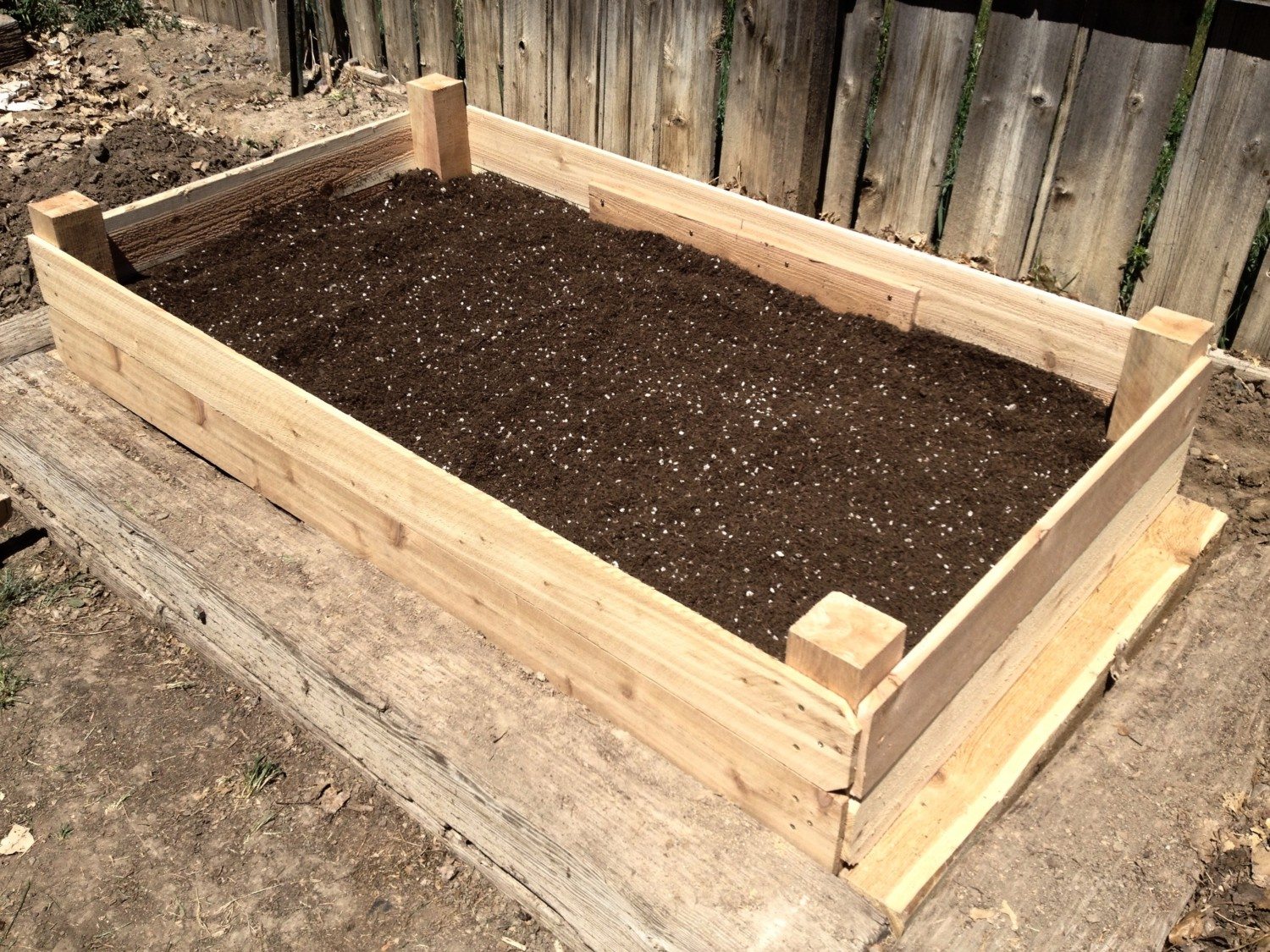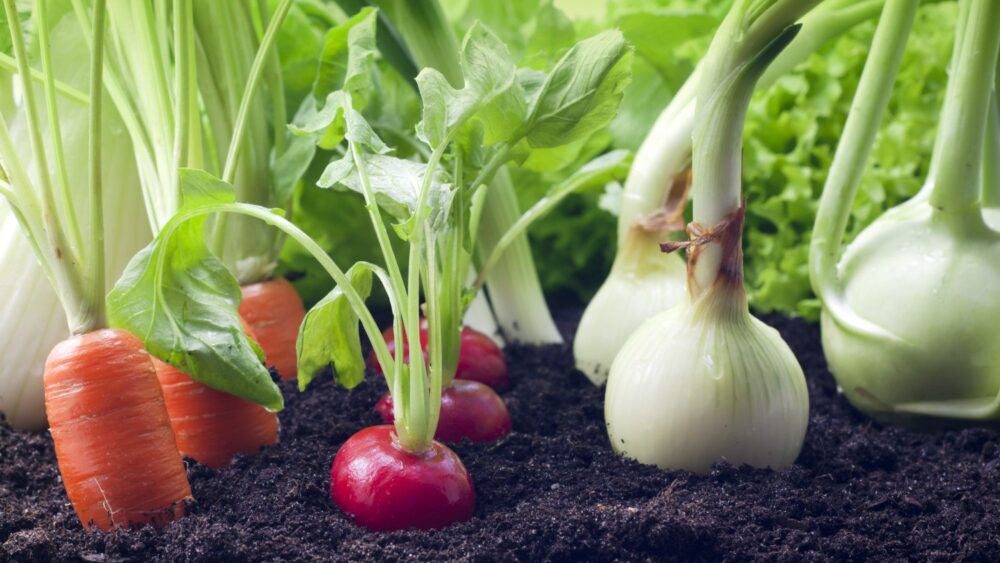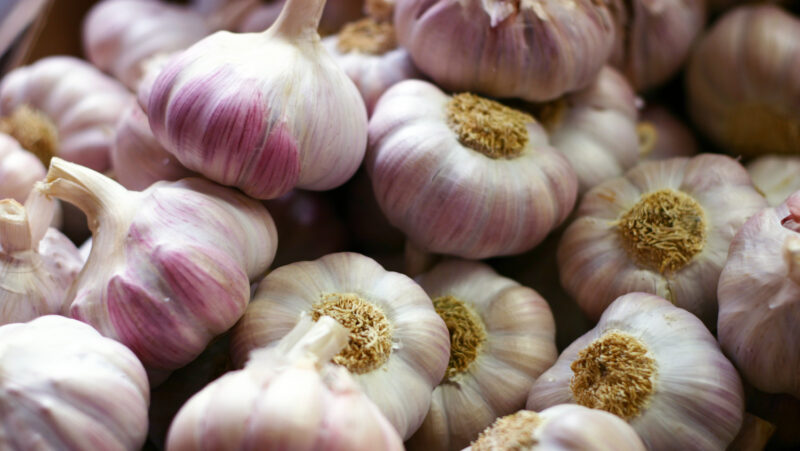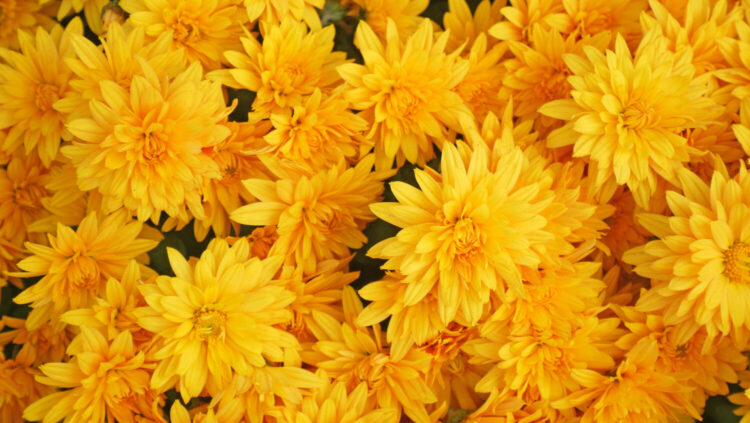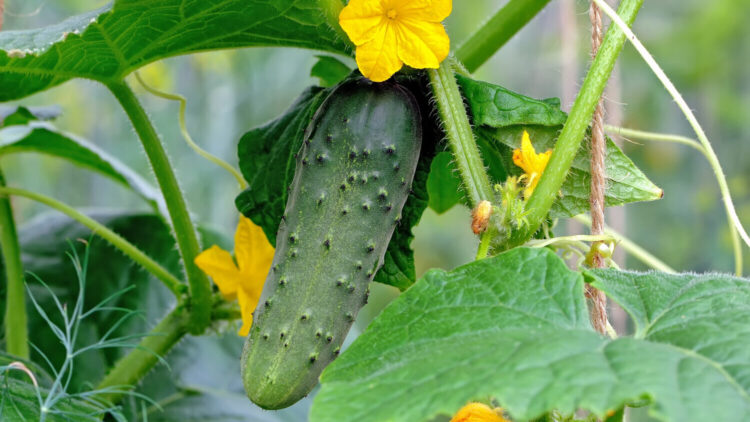9 reasons to plant a Raised-Bed garden this spring
Along with warmer weather and longer days, spring brings a long list of ambitious life goals. From slimming down for summer to cleaning the house top to bottom to finally planting a vegetable garden in the backyard—it’s exciting but also overwhelming.
Well, I’m here to assure you that at least one of those goals is totally doable this spring. Raised-bed and container gardens take the back-breaking work out of growing delicious fruits and vegetables at home. With a little bit of planning and planting, you can enjoy fresh-picked produce all summer long.
The nine reasons listed below will give you more than enough motivation to get outside and start your own raised-bed garden this season!
1. Fresh Produce
This is definitely the main reason to build a raised-bed garden. It is a surefire shortcut to a plentiful harvest. A raised-bed garden creates the ideal growing environment, so you should expect a full harvest during your first year. In fact, if you maximize your space, your containers may even rival the local farmers market.
2. Fewer Invaders
If you build especially tall beds, of at least four feet high, they can keep critters away. Higher raised beds will discourage rabbits and moles and help you protect your precious produce. You can also add netting and fences to further protect your plants.
3. Mobile Garden
Some of the smaller kits for container gardens are lightweight and easy to relocate, so you can move your garden around your backyard, patio or balcony.
4. Fluffy Soil
Unlike a traditional garden, a properly constructed raised garden means you should never have to walk on the soil in the containers. When you don’t walk on the soil and compact it regularly, the soil is lighter and fluffier. That also makes it a healthier environment for microorganisms and earthworms, which can help your garden in the long run.
5. Natural Compost
Adding compost or manure each year will help refresh and enrich the soil in the containers. Your raised garden can do double duty and serve as your primary compost location. You’ll naturally streamline your eco-friendly routine.
6. Less Pain
A raised garden, by definition, is higher off the ground than a traditional garden, so you won’t have to bend over as far to tend it. As a result, you’ll experience less back strain and pain. No back-breaking labor necessary for this healthy harvest. Also, if you build your own, you can customize the height of your beds so they are comfortable for you.
7. Extended Growing Season
You can count on planting in your raised-garden beds earlier than a traditional garden. The soil in the raised beds tends to warm up sooner, which means a longer growing season all around.
8. Controlled Soil
With raised gardens, you select exactly what nutrient-rich soil you want to use and you can top it with mulch for weed prevention. This is especially handy when your backyard is filled with difficult soils like sand or clay. As long as you continue replenishing the soil in the containers, plants will grow well and you won’t have to battle your native soils.
9. Minimize Chores
Raised-bed gardens will still need tending, but they tend to retain moisture better and have fewer weeds than traditional gardens. Shade from plants protects the soil from evaporating, and the sides of the beds hold in more moisture. That means they require less frequent watering and weeding once the plants are more established.
So, do you need any more convincing to get out there and build a raised garden?


